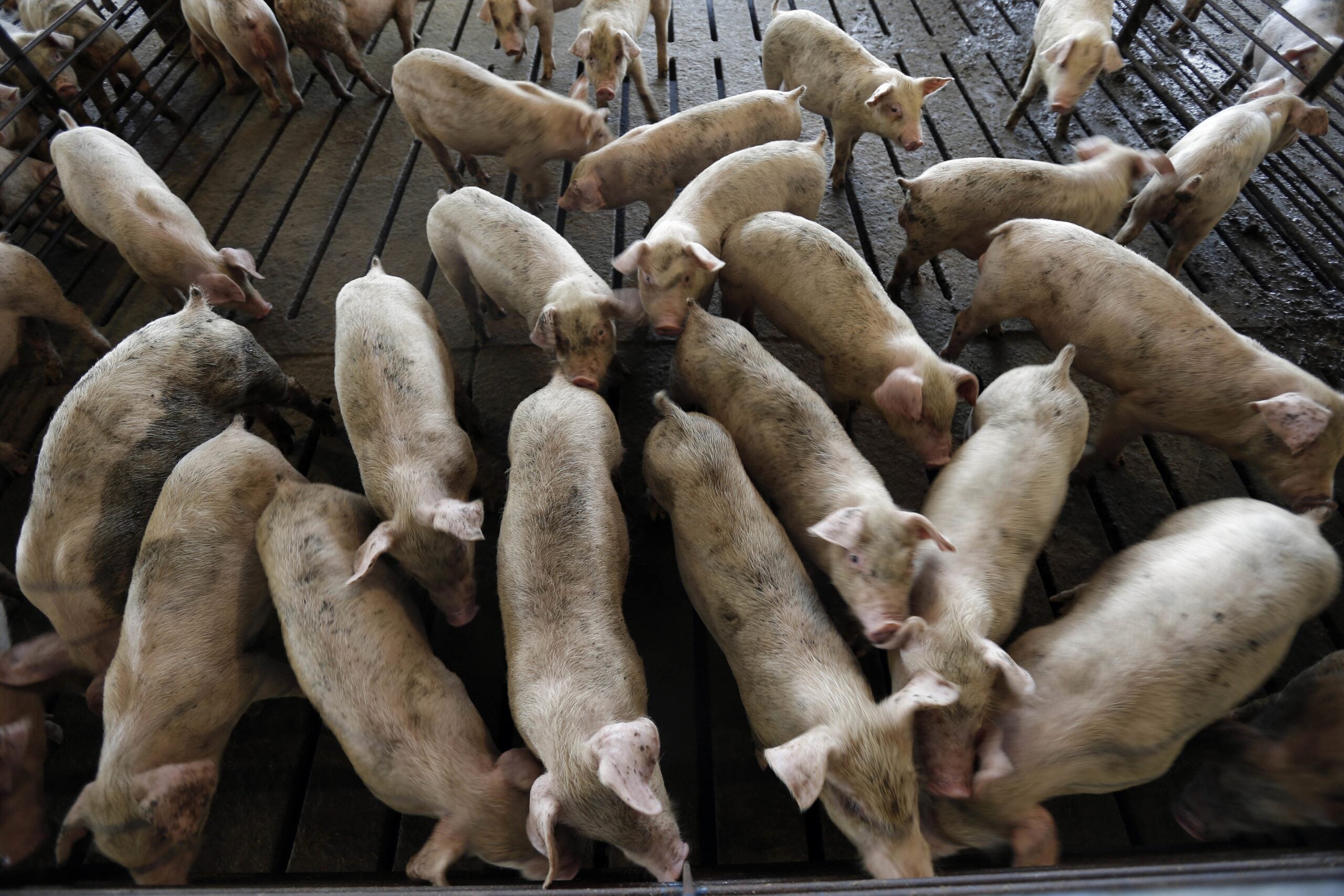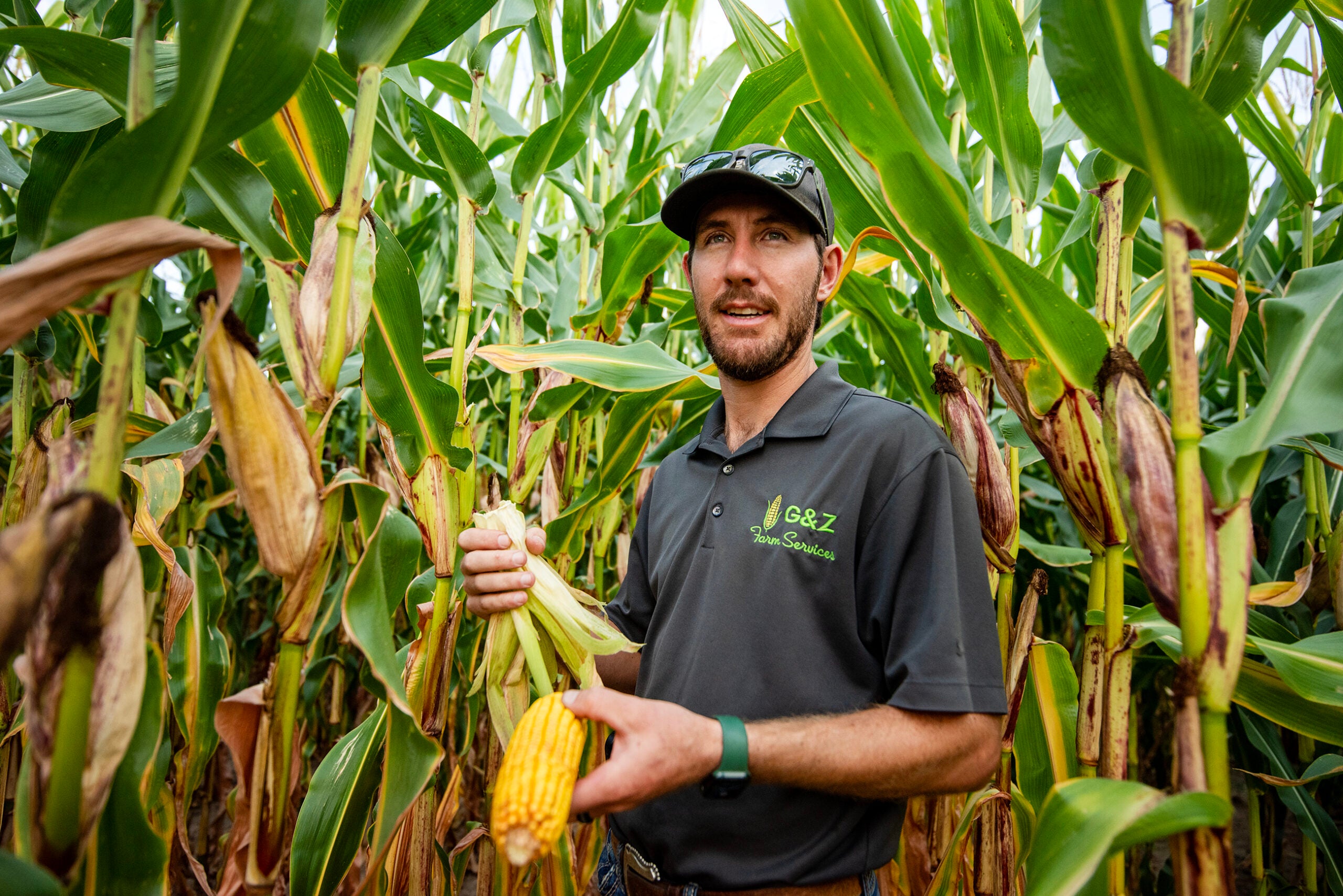As a trade war between China and the United States continues, Wisconsin farmers are feeling the effects.
New U.S. tariffs on Chinese goods went into effect early Friday morning. In response, China released their own taxes on many U.S. products, including soybeans, pork and dairy products.
The two countries began trading tariffs after the Trump administration announced in May that it would impose new tariffs on steel and aluminum.
News with a little more humanity
WPR’s “Wisconsin Today” newsletter keeps you connected to the state you love without feeling overwhelmed. No paywall. No agenda. No corporate filter.
Mark Stephenson, director of dairy policy analysis at the University of Wisconsin-Madison, said it’s reminiscent of the “guns versus butter” model in economics.
Normally, the concept is used to talk about the relationship between a country’s investment in defense versus civilian goods. But Stephenson said it feels relevant on the issue of tariffs.
“Right now, agriculture in particular, and dairy for us especially, is just getting the blowback of these retaliatory tariffs on steel and aluminum,” Stephenson said.
Stephenson said the new tariffs have already caused Class III futures prices to decline by $2 per hundredweight, or 100 pounds of milk.
“Going into our fourth year of relatively low milk prices and now seeing the price that had been recovering stumble, and significantly stumble, it’s not a good thing,” Stephenson said. “So producers are not feeling good about that impact of tariffs.”
While many dairy farmers are opposed to the trade war, Stephenson said some producers believe the measures could lead to a more fair trade relationship.
Tammy Vaassen, executive vice president of the Wisconsin Pork Association, said she’s also hopeful the Trump administration can mitigate the negative impacts of tariffs.
“There are certainly opportunities for us out there to expand into additional markets to help relieve some of the pain that our producers are feeling but there are also opportunities for us to find new markets,” Vaassen said.
U.S. pork already faced a 12 percent tariff in China before the trade war started. In April, the country levied a 25 percent tariff on American pork and are now introducing an additional 25 percent tax.
And Vaassen said the tariffs have significantly impacted prices.
“Economists are indicating to us that if you base that (decline) on an annualized market price, U.S. pig farmers have collectively lost over $2 billion already from the beginning of March,” Vaassen said.
While producers have benefited from lower feed prices thanks to the tariffs, Vaassen said Wisconsin farmers are losing money on every hog they sell.
Wisconsin Public Radio, © Copyright 2025, Board of Regents of the University of Wisconsin System and Wisconsin Educational Communications Board.







